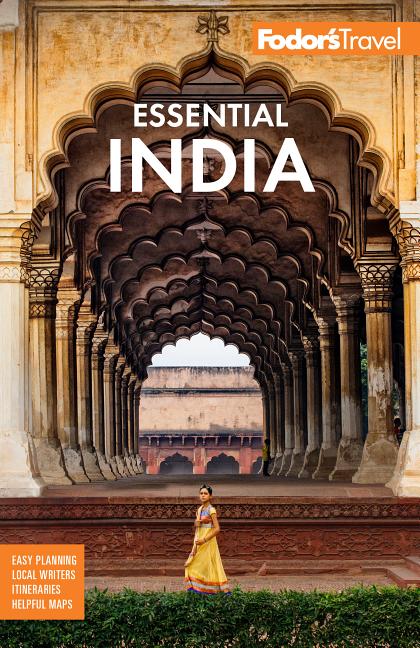Keralan Culture
A charming myth explains the creation of Kerala. Parashurama, an avatar of Vishnu, performed a series of penances to atone for a grievous sin, and the god of the sea rewarded his devotion by reclaiming Kerala from the deep. The reality is a little more prosaic: In 1956 the Malayalam-speaking states of Kochi and Travancore joined with the district of Malabar to form Kerala. The new Indian state became the first place in the world to adopt a communist government in a free election, an event that caused global speculation. Today this tropical enclave between the western mountains and the Arabian Sea is one of India's most progressive states, with a literacy rate of well over 95.5% and a life expectancy far higher than the Indian average. Even in the shabbiest backwater "toddy shop," where locals knock back glasses of potent coconut liquor, you'll find a copy of the day's newspaper in Malayalam, the local language. However, despite Kerala's very real accomplishments, unemployment remains endemic: it’s close to 7.5%, and higher than the national average. Its citizens depend to a large degree on remittances (money sent from abroad). To be able to provide for their families back home, many Keralan men and women must leave to work in the Middle East.
The Malayalis make up India's most highly educated population; many are conversant in English, Hindi, and Tamil, as well as Malayalam. In the nearly three millennia before the 1795 establishment of British rule, Phoenicians, Arabs, Jews, Chinese, and Europeans came in droves, attracted by the region's valuable cash crops: tea, rubber, cashews, teak, and spices—notably black pepper (Kerala’s "black gold") and cardamom.
Kerala’s diversity is a testament to all those who passed by during the last few centuries. This state is unique in that its Hindu population (56%) is joined by relatively large numbers of Muslims (25%) and Christians (19%) (India’s three largest religious communities).
Since Independence, people have begun using the place names that were used prior to British colonization. The strong British presence here makes name changes particularly germane; hence, Alleppey/Alappuzha, Calicut/Kozhikode, Cochin/Kochi, Quilon/Kollam, Trichur/Thrissur, and Trivandrum/Thiruvananthapuram. Official maps and tourist brochures reflect these changes, but both versions are still commonly used.




